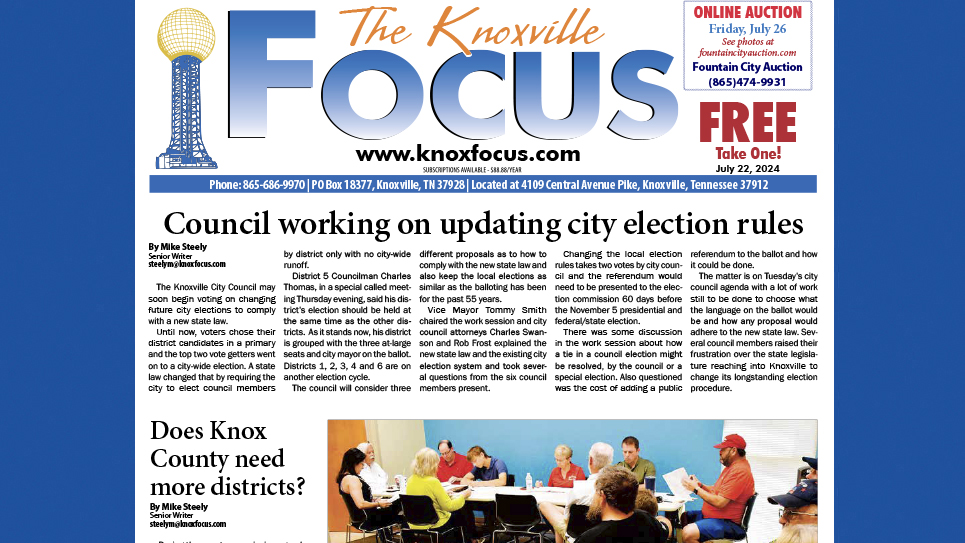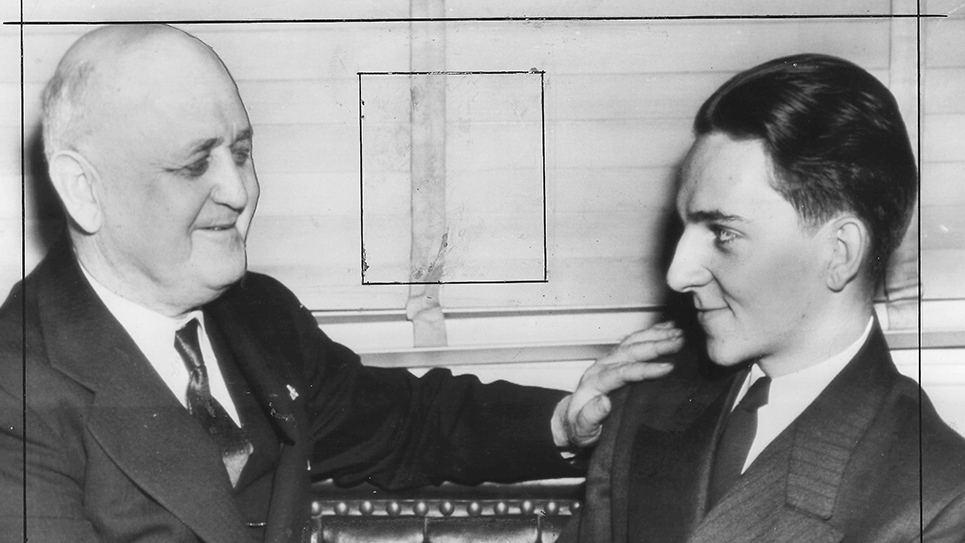A Monetary Judgment You Cannot Collect On
By Jedidiah McKeehan
“That judgment is not worth the paper it’s written on!” There are certain phrases that all lawyers know and have ready to spout out if the situation is right, and this is one of them.
What does this phrase mean? Let me give you an example. You are a landlord and you rent out an apartment to someone. After a few months, they stop paying rent and you file an eviction to have them removed from the property and for the back rent they owe you.
You go to court and the tenant does not even show up for court. The judge awards you the property and whatever amount you say the tenant owes. Hurray! You have won!
Now what though? You have no idea where that tenant lives, you call the place he was employed previously and now he does not work there, and you do not know at what bank he has a bank account (if he has one at all). So while you have a judgment against the tenant for X dollars, you have no way to actually collect the money you are owed. And thus the phrase was born that started this article.
I understand that it is completely galling to walk away from collecting money that someone owes you, but it is generally not worth the time and effort to try to pursue something.
Can you do a bank levy? Sure. You have to pay money to levy the funds in a bank account. This assumes you know where they bank and they may have all of $13.00 in their account. And it is a one-time thing. You have to pay for each bank levy you attempt.
Can you garnish their wages? Possible. But you have to know where they work first.
Can you seize a vehicle or asset they own? It is possible, after a hearing, having the ability to get that item, then have it sold, and then they may still owe you money.
Can you record the judgment at the register of deeds? Sure, but most people who do not pay their bills do not own property.
Keep in mind, all of these collection endeavors cost money to pursue. Is it worth it? Only you can decide that, but many times the answer is a definitive “no.”
Jedidiah McKeehan is an attorney practicing in Knox County and surrounding counties. He works in many areas, including family law, criminal, and personal injury. Visit attorney-knoxville.com for more information about this legal issue and other legal issues.






